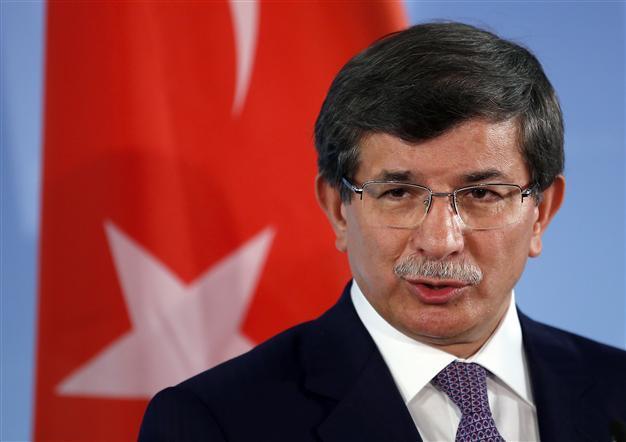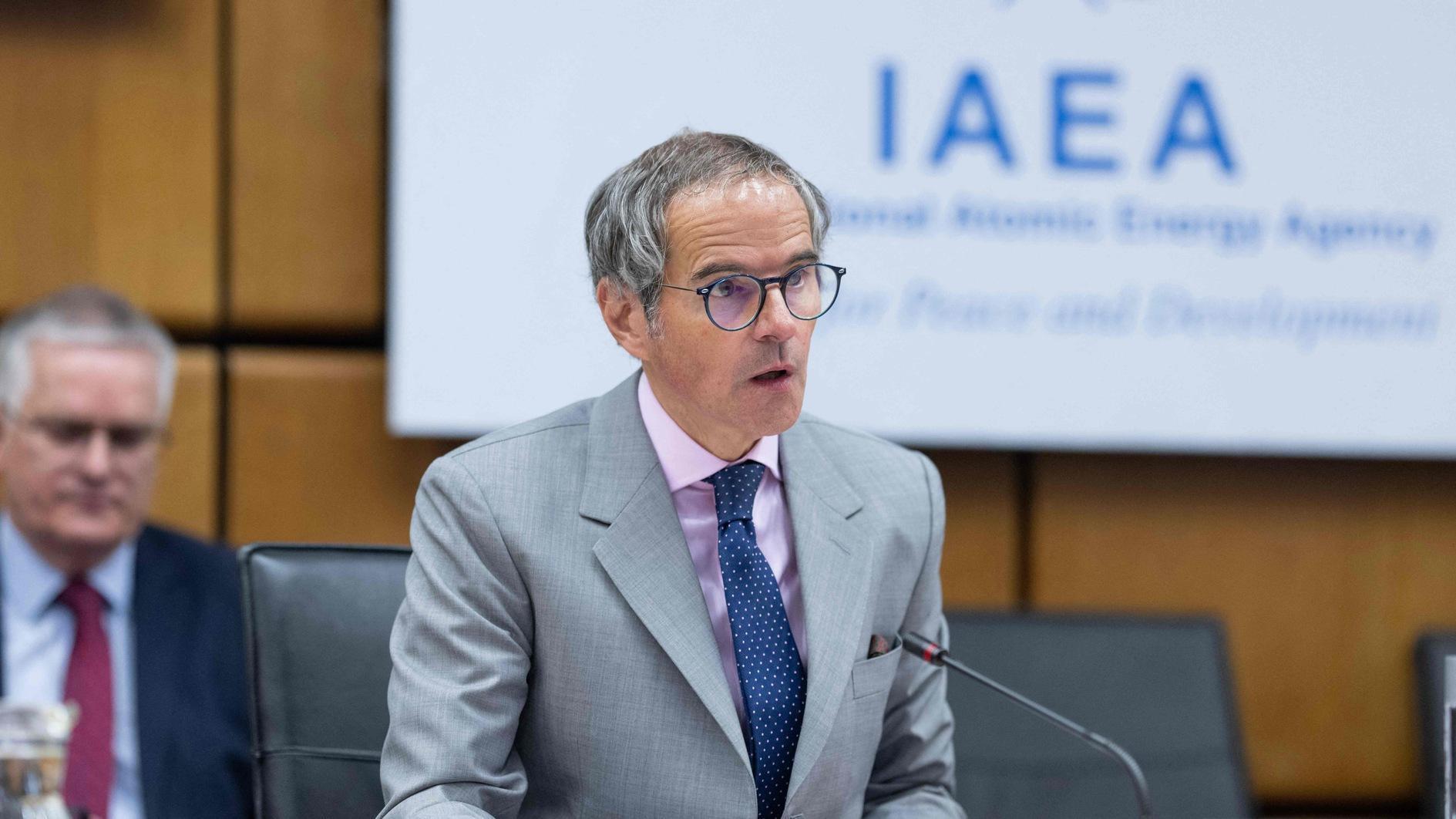Coalition in making for Syria intervention
ANKARA / BERLIN

"We always prioritise acting together with the international community, with United Nations decisions" Foreign Minister Ahmet Davutoğlu says. AP photo
Allies of the Syrian opposition are ramping up their rhetoric over a possible armed intervention with Turkey, Britain, Germany and France sounding the drums of war following a chemical attack in Damascus’ suburbs last week.Turkish Foreign Minister Ahmet Davutoğlu said Turkey would take part in an international coalition to attack President Bashar al-Assad’s government if the United Nations failed to enact sanctions to punish Syria for the alleged use of chemical weapons on Aug. 21.
“If a coalition is formed against Syria in this process, Turkey will take part in it,” Davutoğlu told daily Milliyet, adding that Ankara was awaiting the results of a U.N. inspection of a suspected chemical attack on civilians.
“After the inspection, the U.N. Security Council needs to make a decision on sanctions. We always place priority on acting upon a U.N. resolution and together with the international community,” the foreign minister said. But he warned: “If there’s no such decision ... other options will be on the agenda. Some 36-37 countries have already been discussing these options.”
Echoing Davutoğlu’s statements, the German government has suggested for the first time that it would support an international military response against Syria if it is confirmed that al-Assad’s troops attacked opponents with chemical weapons.
First from Germany
Chancellor Angela Merkel’s spokesman, Steffen Seibert, said Aug.26 that if U.N. inspectors confirm the use of chemical weapons, “it must be punished.” Seibert said the government has “very clear evidence that this was a chemical weapons attack.” Up to 1,300 people are believed to have been killed in Ghouta, near Damascus, on Aug. 21 in a sarin gas attack that the Syrian government and opposition militants have blamed on each other.
But Seibert said he would not speculate on what kind of response might be needed but refused to rule out the use of force.
Foreign Minister Guido Westerwelle also said in a statement that if the attack is confirmed, “Germany would be among those who consider consequences to be appropriate.”
In London, British Foreign Secretary William Hague said it would be possible to respond to chemical weapons use in Syria without the unanimous backing of the United Nations Security Council.
“Is it possible to respond to chemical weapons without complete unity on the U.N. Security Council? I would argue, yes, it is, otherwise it might be impossible to respond to such outrages, such crimes, and I don’t think that’s an acceptable situation,” Hague said on BBC radio.
“The United Nations Security Council ... has not been united on Syria, has not shouldered its responsibilities on Syria, bluntly, otherwise there would have been a better chance of bringing this conflict to an end a long time ago,” Hague said.
British Prime Minister David Cameron also cut short his holiday to deal with the Syrian situation, and was scheduled to meet with top Cabinet ministers.
But the timing of a possible intervention is still unclear. French Foreign Minister Laurent Fabius said the West would decide in the coming days on a response to the Syria crisis. Asked on French radio about a possible reaction with “force,” Fabius said a decision had not yet been taken. “We have to assess the reactions ... and that will be decided upon in the coming days.”
Warning from Russia
Meanwhile, Russia warned the West against intervening militarily in the Syrian conflict without the approval of the U.N. Security Council, saying such action would violate international law.
“Using force without the approval of the U.N. Security Council is a very grave violation of international law,” Foreign Minister Sergei Lavrov told reporters, adding that the West was currently moving toward “a very dangerous path, a very slippery path.”
In Jordan, senior military officers from Western and Muslim countries gathered Aug.26 to discuss the regional impact of the war in Syria, Jordanian officials said. State-run Petra news agency quoted a Jordanian military spokesman as saying the meeting came at the invitation of Jordanian Chief of Staff Meshaal Mohamed al-Zaban and Gen. Lloyd Austin, head of Centcom, the U.S. command responsible for 20 countries in the Middle East and Central Asia.
The meeting “will discuss the situation and scenarios on the ground, especially after the recent dangerous developments. The army chiefs have to have comprehensive talks and examine the impact on the region,” Jordanian Foreign Minister Nasser Judeh said.
Turkey is expected to be represented by Deputy Chief of General Staff Gen. Yaşar Güler or Chief of Operation Department Lt. Gen. Erdal Öztürk.
In another diplomacy front, the Friends of Syria Core Group met in Istanbul in a political director-level meeting. Ambassador Ömer Önhon, deputy undersecretary at the Foreign Ministry and the former ambassador to Syria, represented Turkey at the one-day meeting. The Ghouta attack and the Geneva peace talks were also expected to be discussed.
















